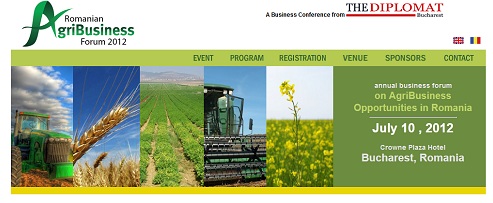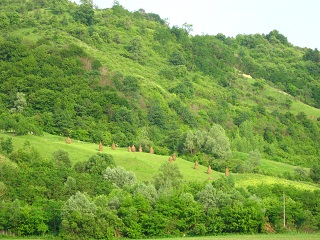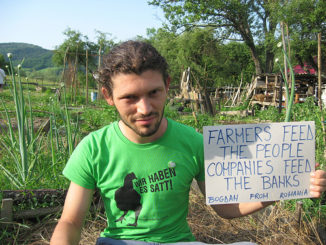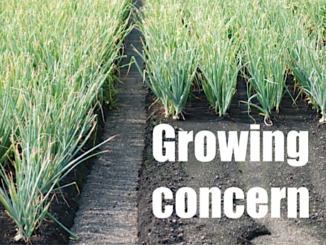Next week, Romanian Minister of Agriculture, Daniel Constantin, is continuing a tradition started by his predecessors, Valeriu Tabără and Stelian Fuia, of liaising with the corporate giants in the genetically modified organisms (GMO) market. On the 10th of July 2012, the Minister for Agriculture will be the patron of the annual AgriBusiness conference in Bucharest. NGOs advocating for the rights of small farmers are concerned.
Main discussions on the authorities’ agenda: Genetically Modified Organisms (GMOs)

The lobby event is being organised by the Romanian publication, The Diplomat, and sponsored by the multinational companies Monsanto and Pioneer, as well as the professional association Agrobiotechrom. It will bring together large landowners, Romanian authorities which regulate and monitor the agricultural sector, key members of the Romanian Parliament and biotech multinational companies seeking new opportunities and markets.
According to the conference program, the first discussions are explicitly dedicated to the GMO issue in Romania, the speakers being key personalities in the marketing of these largely controversial plants. The GMO issue will be presented unilaterally, without mentioning the risks and negative impacts on the environment, health and rural communities. The farmers or non-governmental organisations which cannot afford the 149 Euro attendance fee will only be able to participate to the event if seats remain available.
Reacting to the event, Bogdan Buta, Executive Director of the Genetically Modified Organisms Information Center (InfOMG) has declared: “It’s already proven that genetically modified organisms are not safe and that they do not offer any mid or long-term economic benefits. Important agricultural countries (France, Germany, Hungary, Austria etc.) have banned the cultivation of GMOs and chose to support organic agriculture. Romania has to follow these development models. If today we do not defend our cultures from GMO contamination, in the future we will only discuss genetic manipulations and not agriculture”.
A Common Agriculture Policy for speculators, or for the ones who feed our country?

A secondary theme of the conference is the Common Agriculture Policy. Small organic and traditional farmers are being seriously threatened by big agribusiness multinationals, which have a direct influence on the public authorities through lobby events such as this.
At the present time, with the government in the middle of the reform debate, the prospect of such lobbies is a huge threat to the development of agriculture in Romania. The fact that they impose their interests in front of the majority of farmers, threatening organic and traditional agriculture, subsistence and sustainable agriculture, is seen as an affront to the democratic principles.
Attila Szocs, director of Eco Ruralis Association which protects traditional and organic farmers in Romania said “The agribusiness lobby has prevailed too long in front of the interests of small farmers. The future of Romanian farming can only be built through small family farms which create more jobs than industrial farming, needing equal chances with the few large farmers which are taking over the market.
In a Europe where large farms are favoured from the start through huge subsidies, small farmers are destined to disappear. The almost 4 million small farmers which feed Romania with their products demand the Ministry of Agriculture to represent them.”




